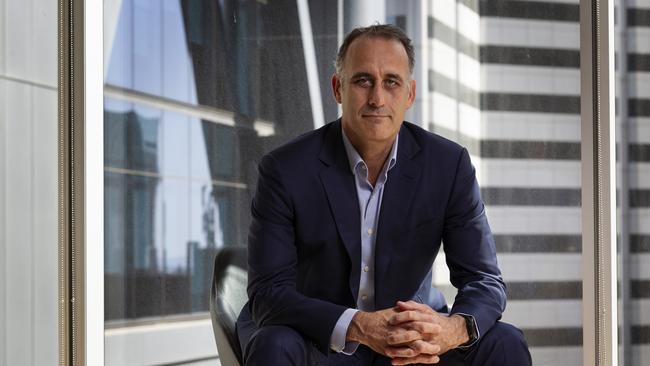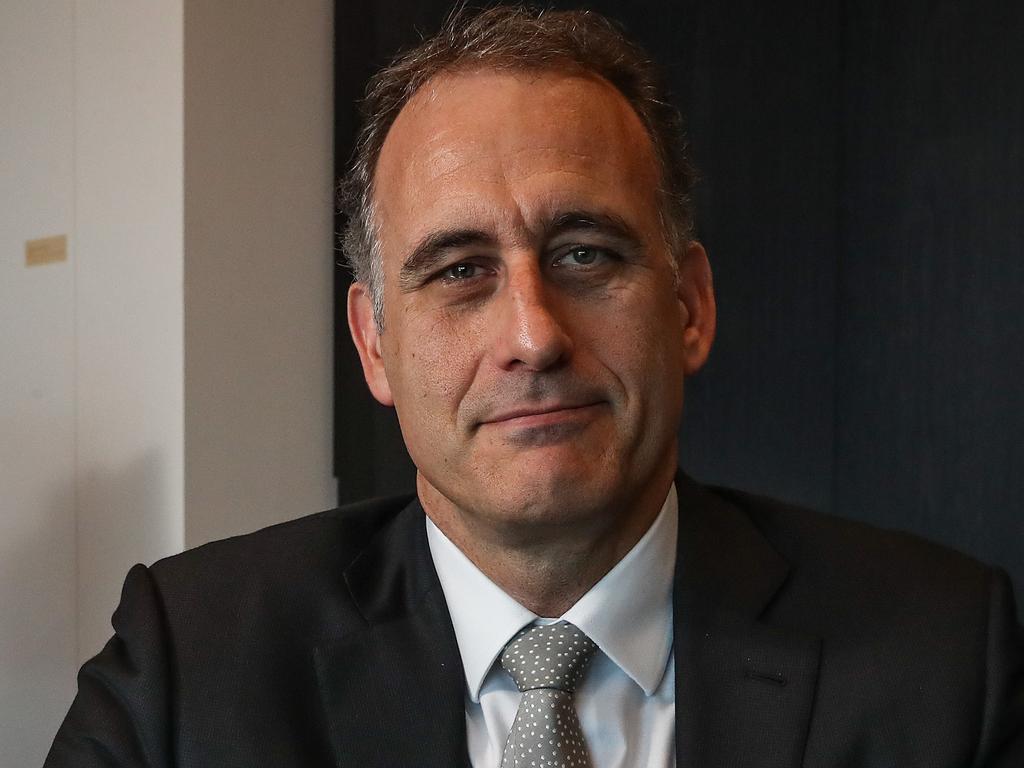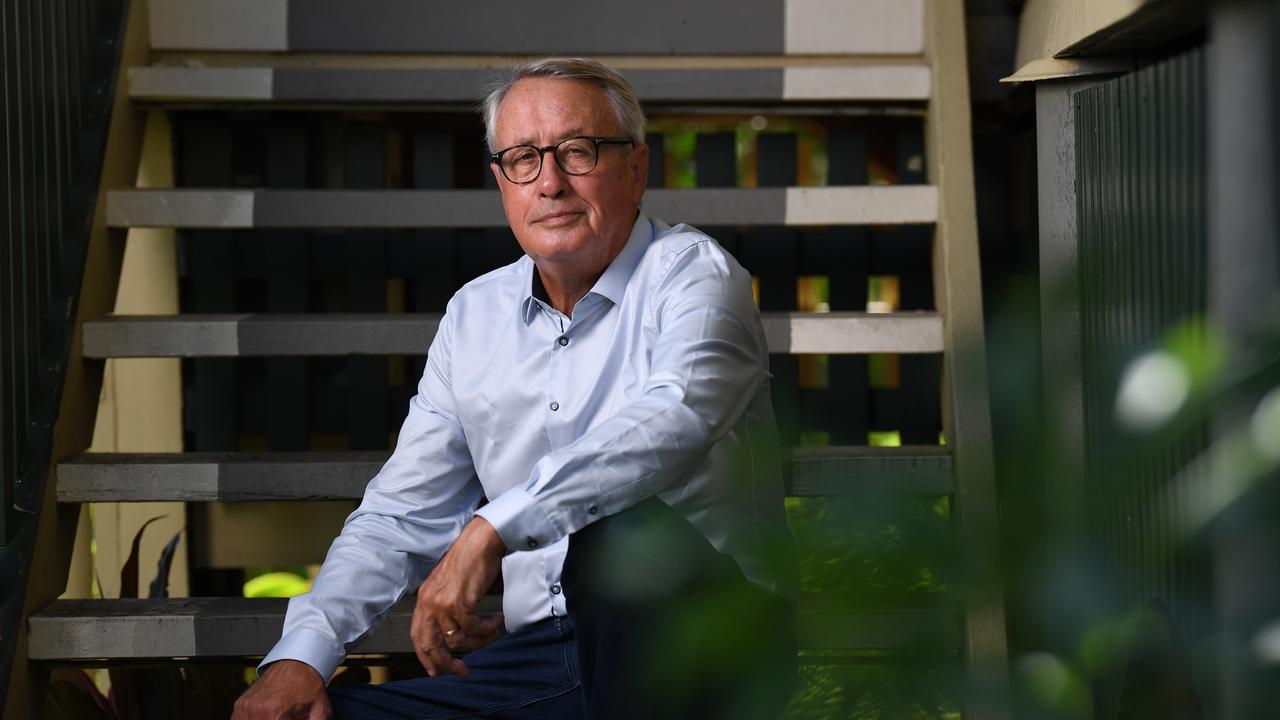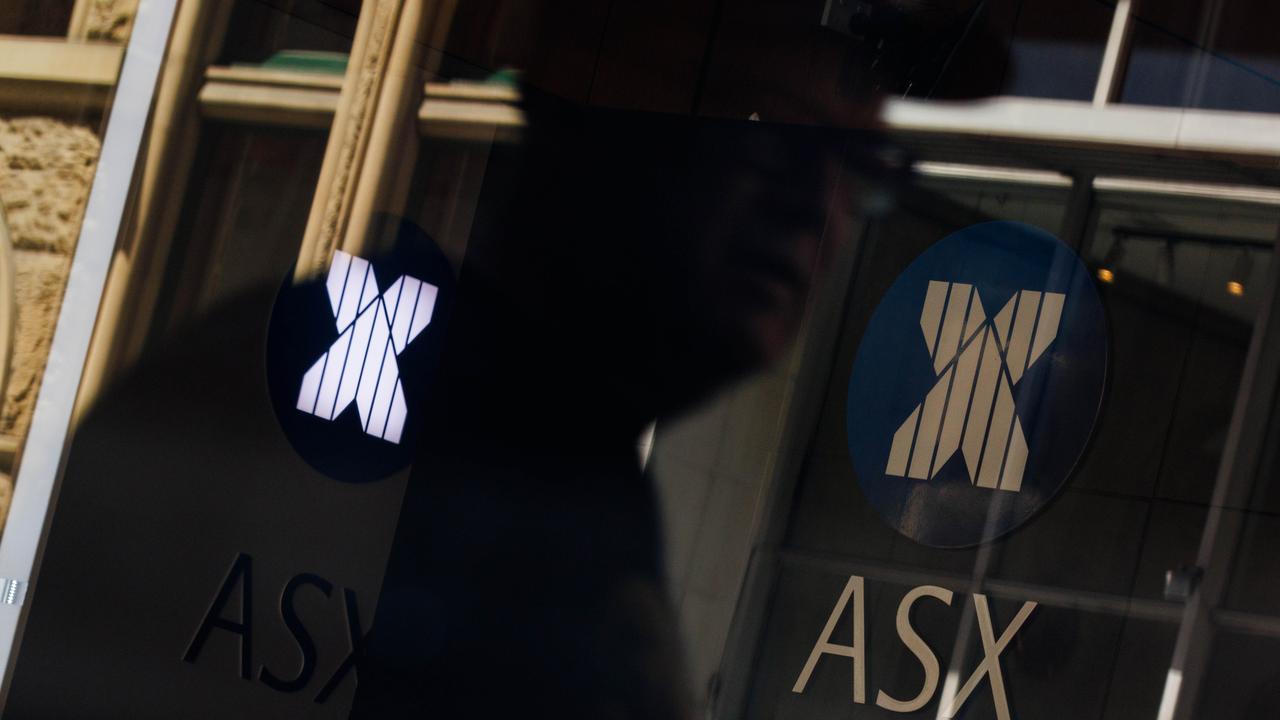Trauma of Covid hits Wesfarmers’ 100,000 workers

The chief executive of the Wesfarmers conglomerate, Rob Scott, has painted a grim picture of Australia in lockdown, especially for younger workers, and added his voice to leaders desperately urging all to get vaccinated. And no more so than in Western Australia, which risks complacency in isolation.
After a strong year, the first eight weeks of trading during lockdowns has changed Wesfarmers’ outlook for first-half earnings, likely to come in below the previous year.
“Frankly I’m less worried about our short-term profit impact. I’m a lot more worried about what I see is happening to the households and the businesses that are affected by these prolonged lockdowns,” Scott said.
Employing 100,000 people, mostly across retail at Bunnings, Officeworks and Kmart, Wesfarmers was seeing strong consumer confidence until the lockdowns in Melbourne and Sydney. Scott says even though its Covid numbers are nothing like Sydney’s, Melbourne has endured 200 days of lockdown in 12 months.
“The longer the lockdowns go on, the more damaging it is to both personal and business confidence,” he said.
“I am concerned over the next couple of months that we are likely to be in for even tougher times.
“We are rapidly getting to the point where the benefits of harsh widespread lockdowns are outweighed by the harm – socially, economically and mental health – associated with the lockdowns.”
Wesfarmers is fielding hundreds of calls from its hotline, which is available to staff and their families, and a disproportionately high number from team members under the age of 30.
“Often it is some of the younger people that are doing it really tough and where the mental health and wellbeing challenges are particularly acute,” Scott said.
Wesfarmers will pay all staff until at least December. Currently there are 2000 employees in isolation, mostly in NSW.
“Bunnings has had nearly 9000 team members in isolation at one point or another in the last couple of months,” Scott said.
“The commitment that we are making to continue to pay is a material one.”
Small businesses do not have the deep pockets of Wesfarmers and Scott agrees that while there has been huge fiscal stimulus during Covid, further payments are a live issue for the government.
The Wesfarmers chief says he really doesn’t know what assumptions can be made on opening up again. He supports the government’s progressive reopening ahead of Christmas, based on the vaccination trajectory and allowing greater freedoms for those vaccinated.
This week Bunnings is opening vaccine hubs in Sydney available to staff and tradies, but Scott will not follow Alan Joyce at Qantas on mandatory vaccines for staff.
With 100,000 workers, he sees Wesfarmers as a subset of the community, presumably a few of whom might object to vaccines.
Ten million people typically visit Wesfarmers businesses each week and the large format stores have proven to be a low-risk environment. “I don’t think there is the imperative of the health need to be mandating a vaccine requirement as there is in other high-risk industries” he said.
Rob Scott sits in Wesfarmers’ head office in Perth, where the pressure is building on Western Australia.
The toughest of borders have locked out Covid, which has helped mining in particular, but he says Delta has shown the virus can only be slowed down until vaccination rates are high enough.
“There is a vulnerability in Western Australia because the vaccination rates are a lot lower,” he said.
“I really urge people in WA to get vaccinated because at some point Covid will get into WA and it’s important that we have the vaccination rates up to manage that.”
Scott acknowledges the McGowan government’s virus suppression strategy is hard for a lot of people and businesses.
“But the reality is the majority of the population support that strategy and in the short term, while vaccination levels are low, you can see why the WA government has been conservative.
“As time goes on, the benefits of widespread lockdowns don’t outweigh the longer-term costs.
“There is a risk of complacency and by virtue of that complacency that people don’t get vaccinated and we don’t make sure that our health system is really robust to withstand the risks. It is really important that we get vaccinated.
“At some point in time we need to re-engage with the rest of the world.”
Wesfarmers’ $2.3bn return announced at Thursday’s results is of course good news for its shareholders, many of whom are retail investors. The move is tax-free for many of them, and this is an opportunity to reset the balance sheet at a time when there is no net debt – unusual for a company of the size and portfolio of Wesfarmers.
The pandemic buy on the radar for the group is a health business, API. There is yet to be a meeting of minds around value and no certainty of completion but it should be no surprise that Wesfarmers is attracted to health, where management sees it can add value both on the retail side and in supply chain expertise.
As Scott points out, health and wellbeing is a sector requiring trust from customers and the community.
“This is where Wesfarmer’s reputation would serve us well. This is a sector where having a strong corporate reputation, investing in the long term, is helpful.”




